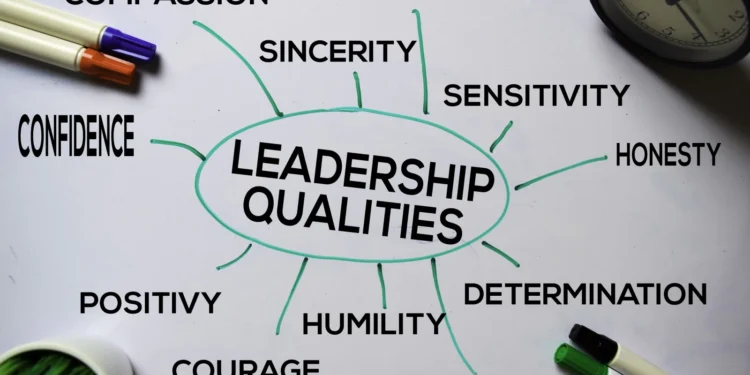Your journey as a leader begins right now, no matter where you find yourself in this exact moment. You don’t need to hold the title of president in a multi-million-dollar corporation to exhibit leadership. You can start by making the most of your existing relationships, whether with family, friends, community groups, educational institutions, or your workplace. Enhancing your leadership abilities can help you tackle more significant challenges that may lie ahead.
If I were to ask you to reflect on the leaders you respect and who have impacted your life, who would you think of? Perhaps your parents, a memorable teacher, or a coach who played a key role in your development? Or possibly a workplace mentor?
For many, leadership is about making daily efforts to achieve excellence and inspiring others to do the same. Leadership extends to our responsibilities at work, in community matters, in religious organizations, and within our families.
You can often find exceptional leaders in your immediate surroundings. Frequently, it’s those who are closest to us, performing remarkable acts with limited resources. The potential for greatness resides within anyone who aspires to lead, even in the simplest of tasks.
You might have thought until now that you weren’t a leader in any capacity. Whether that’s accurate or not, you might be surprised at the various ways you are indeed a leader, particularly to those who are nearest to you. You could be leading a small group or maybe just one or two individuals. It could be in your workplace, in a passion project, or perhaps the depth of your relationship with someone, like your kids or loved ones. There are individuals around you who look up to you, seeing you as a role model and leader.
Trust me when I say that you are already a leader in more ways than you may realize. Never undervalue the impact you have on the lives of those around you.
“The ability we possess to improve our world begins with how we conduct our lives.”
Rest assured, right now you hold immense power to influence the lives of others, especially when you choose to lead by example. Always keep this in mind: at least once every day, reflect on whether your life serves as a positive example for others to follow. This is part of the difference you can make in transforming lives for the better. The ability we possess to improve our world begins with our own actions and the examples we provide. Consider how your aspirations for the future could be leading others. Think about those who view you as a role model and how you may be exemplifying qualities they wish to emulate.
To enhance your capabilities as a leader, strive to be the type of individual that others feel inspired to follow. You should exemplify leadership traits that draw others in and encourage them to replicate. Leaders need to articulate their visions for the future clearly to those around them.
You don’t have to be a captivating speaker to be an effective leader, but you should be able to convey your ideas in a clear, systematic manner and communicate with enough conviction so that your audience understands the seriousness of your words.
Cultivating effective listening skills will not only allow you to hear more but will also enhance your understanding of the messages being conveyed to you. Nothing can elevate your reputation as a leader as much as your willingness to listen. Keep in mind that true listening, rather than mimicking, is the highest form of respect.
I have compiled a set of characteristics associated with effective leaders that I would like to share with you. As you review each one, think about which traits you already embody and which ones you would like to adopt:
A Good Leader…
- Takes responsibility seriously and accepts it.
- Seeks input and listens to others but forms her or his own conclusions.
- Desires to leave the world in a better state than they found it.
- Genuinely cares about others, including their joys, sorrows, hopes, needs, and fears.
- Draws lessons from the past, while prioritizing the future.
- Aims to be of service to others.
- Expects excellence from others as well as from him or herself.
- Learn from exemplars but maintains a sense of self.
- Recognizes the impact of saying yes and no, and knows when to employ each.
- Understands how to set and chase goals.
- Displays dedication to their work and the goals they pursue.
- Is not swayed by critics or skeptics.
- Admits mistakes, learns from failures, and moves forward.
- May not be correct all the time but is right more frequently than incorrect.
- Conveys the ethical standards of their organization.
- Acts with honesty and strives for fairness.
- Exudes enthusiasm and optimism regarding success.
- Inspires others through trust and belief in them.
The need for leaders surpasses the available supply, as most individuals prefer to be guided rather than to lead. Opportunities for leadership are always present. Great leaders are driven by causes that extend beyond their own interests.
Finally, remember that effective leadership involves preparing others to take on their own roles. They want their vision to endure. It was once said to Roy Disney, Walt Disney’s nephew, that it was unfortunate his uncle passed away before witnessing everything he had started. Roy responded, “Sir, my uncle was the first to envision all of this. We are simply continuing the vision he laid down years ago.”


